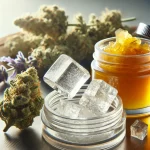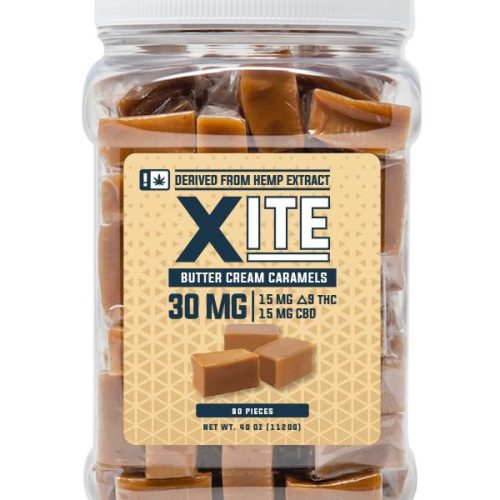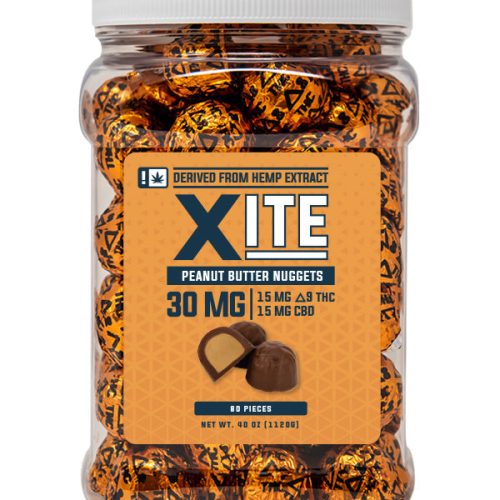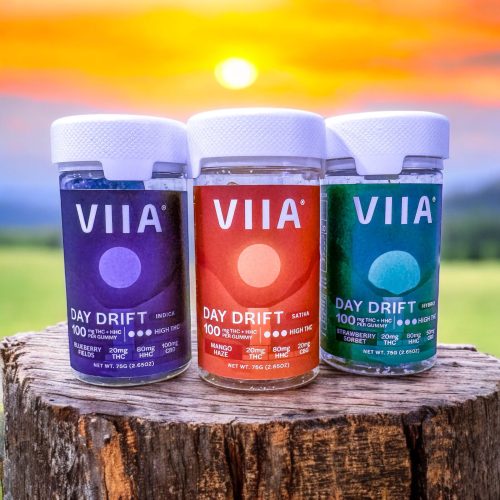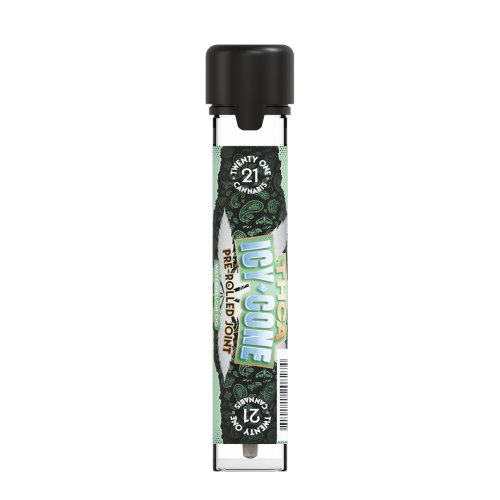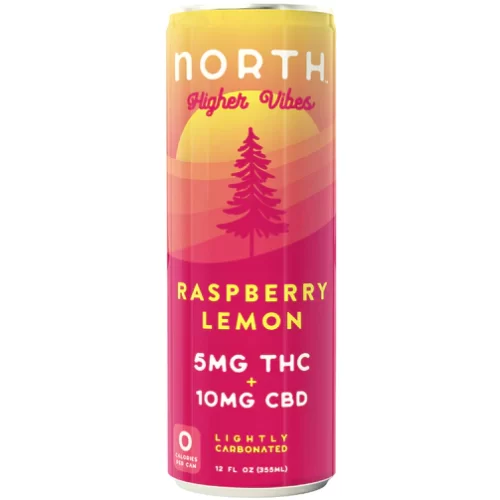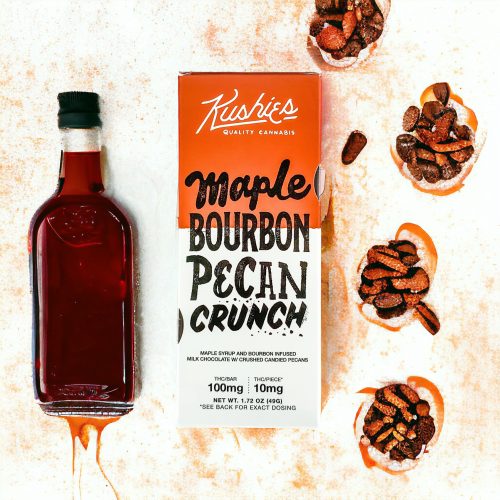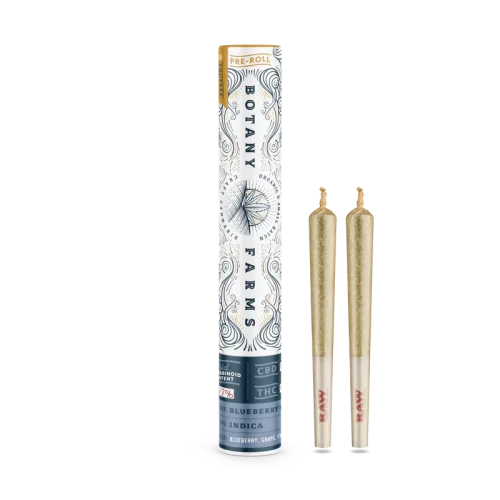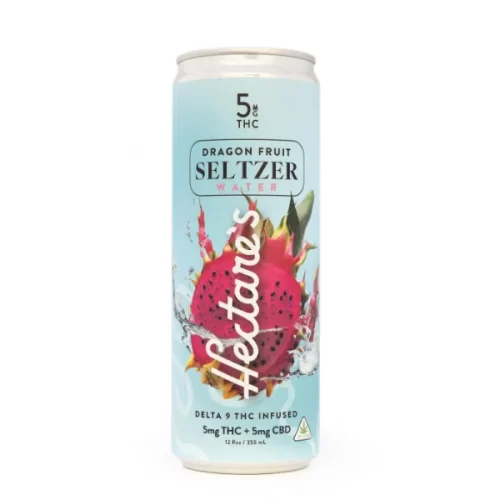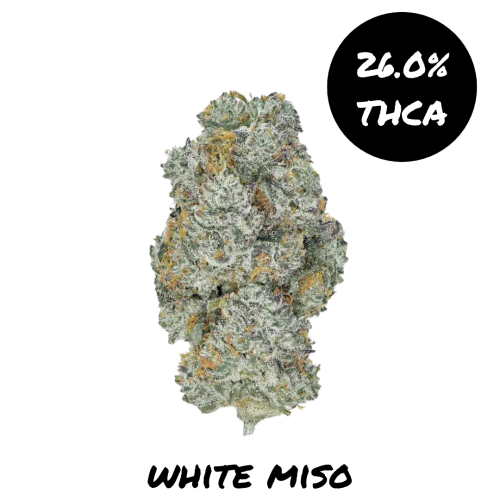At Magic City Organics you can find a vast variety of non-alcoholic beverages either infused with herbs, botanicals or adaptogens or just a mock of a real cocktail/wine. Want to learn more? Come by our shop in Birmingham & we can teach you more about what we offer.
In recent years, there has been a remarkable surge in the popularity and consumption of non-alcoholic beverages worldwide. This trend can be attributed to a variety of factors, including shifting consumer preferences, health consciousness, and the rise of new innovative products. Non-alcoholic beverages offer an enticing alternative to traditional alcoholic drinks, catering to a diverse range of individuals, from teetotalers to those seeking healthier lifestyle choices. In this article, we will delve into the reasons behind the rise of non-alcoholic beverages, their impact on the beverage industry, and the future prospects of this growing market.
One of the primary driving forces behind the increasing demand for non-alcoholic beverages is the changing attitudes and preferences of consumers. In recent years, there has been a significant cultural shift towards healthier lifestyles and a greater emphasis on overall well-being. As a result, many people are opting for non-alcoholic alternatives that align with their desire to make healthier choices. Non-alcoholic beverages provide an array of options that are often lower in calories, free from alcohol-related health risks, and sometimes even enriched with vitamins, minerals, or natural ingredients.
Moreover, the rise of the wellness movement has further propelled the popularity of non-alcoholic beverages. Consumers are increasingly conscious of what they put into their bodies and are seeking out beverages that offer functional benefits. This has led to the emergence of drinks infused with ingredients like probiotics, adaptogens, and superfoods, which claim to enhance energy, promote gut health, or reduce stress. Non-alcoholic beverages have become a vehicle for delivering these health-promoting components, appealing to a growing segment of health-conscious individuals.
The advent of social media and the influencer culture has also played a significant role in promoting non-alcoholic beverages. The rise of wellness influencers and the increasing visibility of healthy lifestyles on platforms like Instagram and YouTube have created a powerful marketing tool for these products. Influencers often showcase non-alcoholic beverages as part of their daily routines, highlighting their benefits and taste. This exposure has piqued the curiosity of consumers and contributed to the wider adoption of these beverages.
In addition to changing consumer preferences, the beverage industry itself has responded to this growing demand by innovating and diversifying its product offerings. As a result, non-alcoholic beverages are no longer limited to traditional options like soda or fruit juices. A multitude of creative and sophisticated alternatives have emerged, such as non-alcoholic beers, mocktails, botanical-infused waters, and sparkling teas. These new products are designed to cater to a more mature and discerning audience, offering complex flavors, premium ingredients, and an experience that mimics the sensory appeal of alcoholic beverages.
Furthermore, the rise of non-alcoholic beverages has not gone unnoticed by established players in the industry. Beverage giants and alcohol producers have recognized the potential of this market and have begun to invest in and develop their own non-alcoholic brands. This strategic move allows them to diversify their portfolios, reach new demographics, and tap into a rapidly growing segment. The influx of resources and expertise from these industry leaders is likely to further fuel the expansion of the non-alcoholic beverage market.
The shift towards non-alcoholic beverages also reflects changing social dynamics and cultural shifts. In many countries, there is a declining trend in alcohol consumption, particularly among younger generations. Factors such as stricter drinking and driving laws, greater awareness of the negative health effects of alcohol, and a desire for more inclusive social environments have all contributed to this shift. Non-alcoholic alternatives provide a solution for individuals who wish to participate in social events without alcohol but still want to enjoy a sophisticated and satisfying drink.
Looking ahead, the future prospects of non-alcoholic beverages appear promising. The market is expected to continue its upward trajectory as more consumers embrace healthier lifestyles and seek out options that are not impairing.


